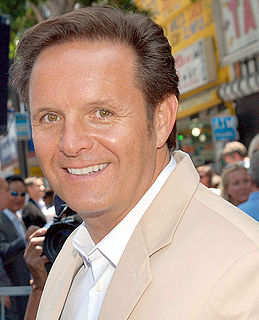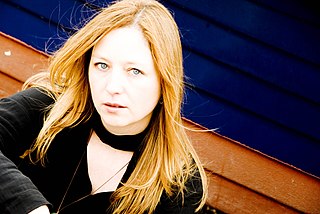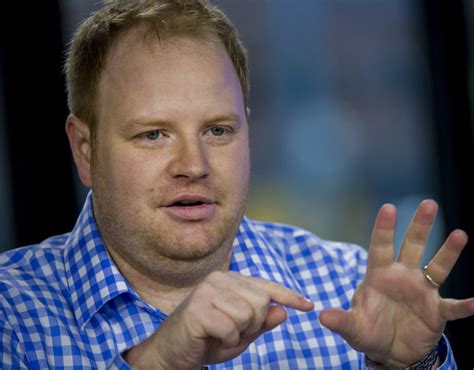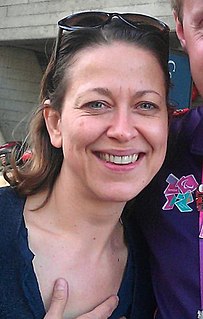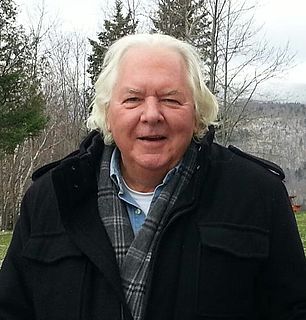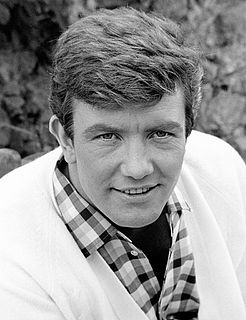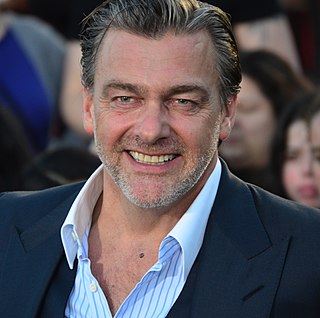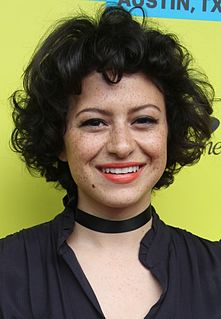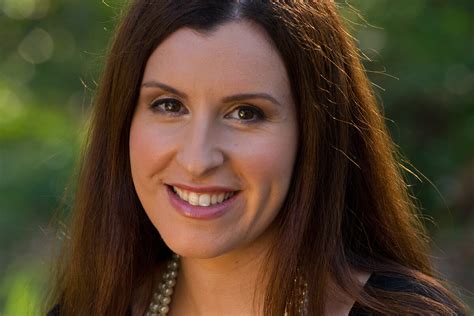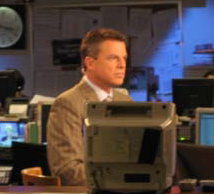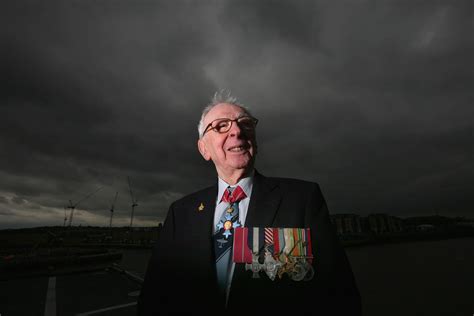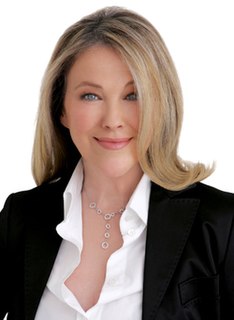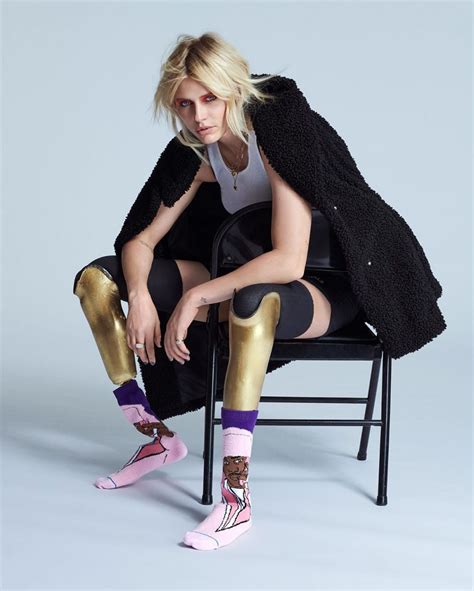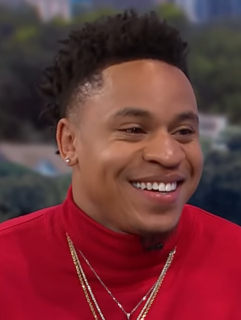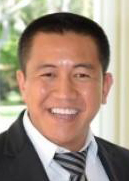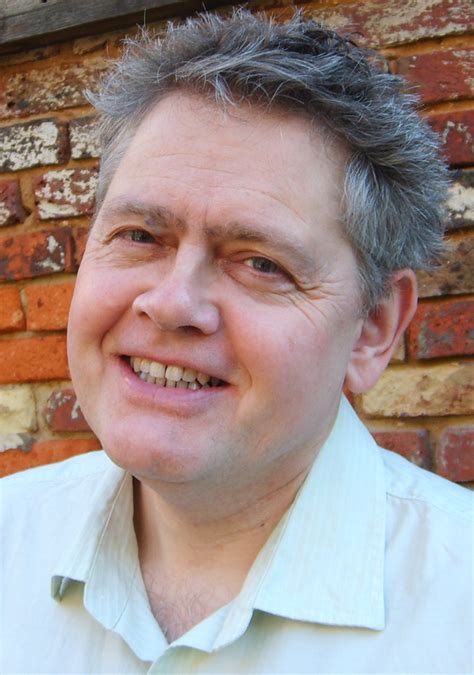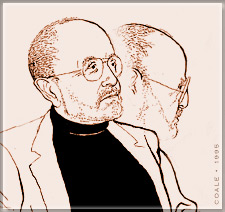Top 1200 Horror Stories Quotes & Sayings - Page 17
Explore popular Horror Stories quotes.
Last updated on December 19, 2024.
I think the reason the stories are briskly paced, when they are, is that I like story. I like stories where things happen and there are surprises and reversals, in addition to vivid characters and a memorable voice. So those are the kinds of stories I try to write. And it turns out that's pretty much the only kind of writing that works for TV. It's a medium that just devours story, demands surprises and reversals. So my sensibility is suited to TV storytelling, at least as we think of it today.
In The Shining, you love Shelley Duvall. You love Jack Nicholson. You're let into the intimacy of that violence and it's emotional and it's physical. We're let in very close. So I think a good horror film has to pull you in very deeply inside. Halloween is a good horror film because we love Jamie Lee Curtis, we're brought very deeply in right when she's babysitting the kids. She's going from house to house, all those houses have windows that you can look in. We're a very vulnerable and exposed audience.
There are a lot of war memorials around the UK. It's usually a part of the war memorials. I loved the way The Glorious Dead sounded. It's kind of a strange thing to say. There's nothing particularly glorious about being dead. It sounded like a strange, horror film. It just grew from there, really. It seemed quite apt for the record. We're kind of obsessed with zombie movies and horror films. It seemed like it just fit, at the time.




